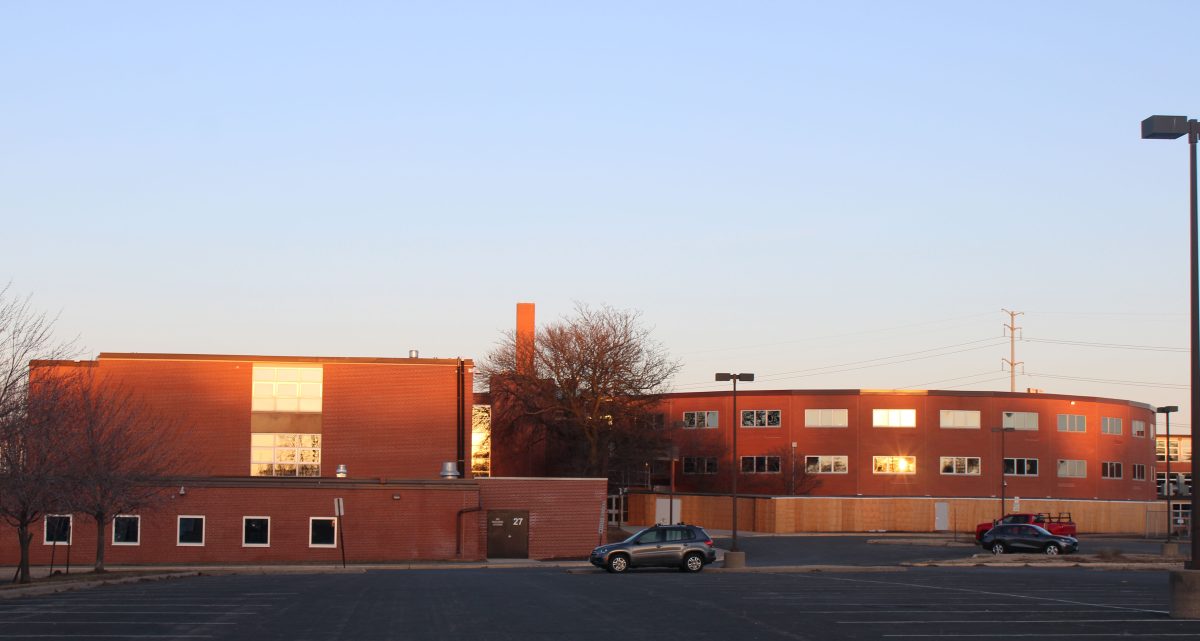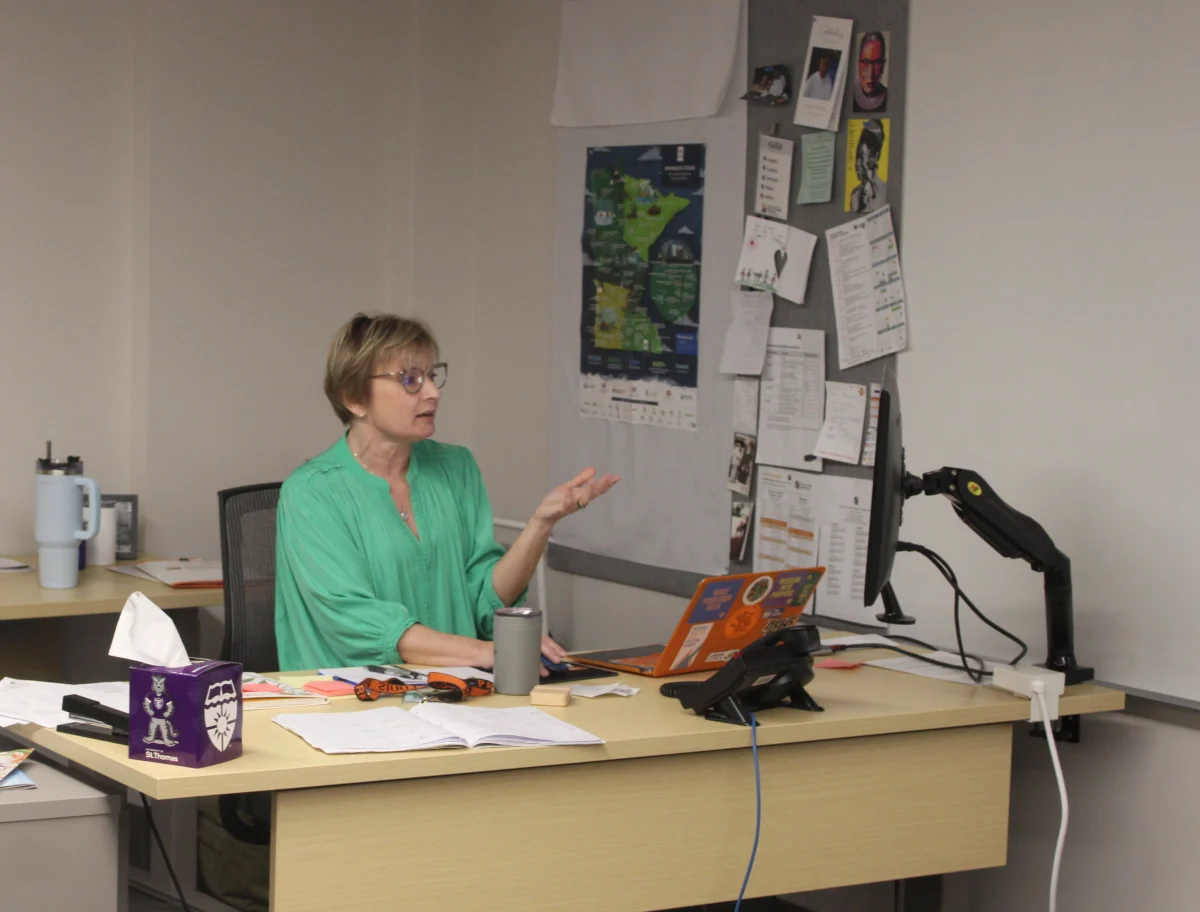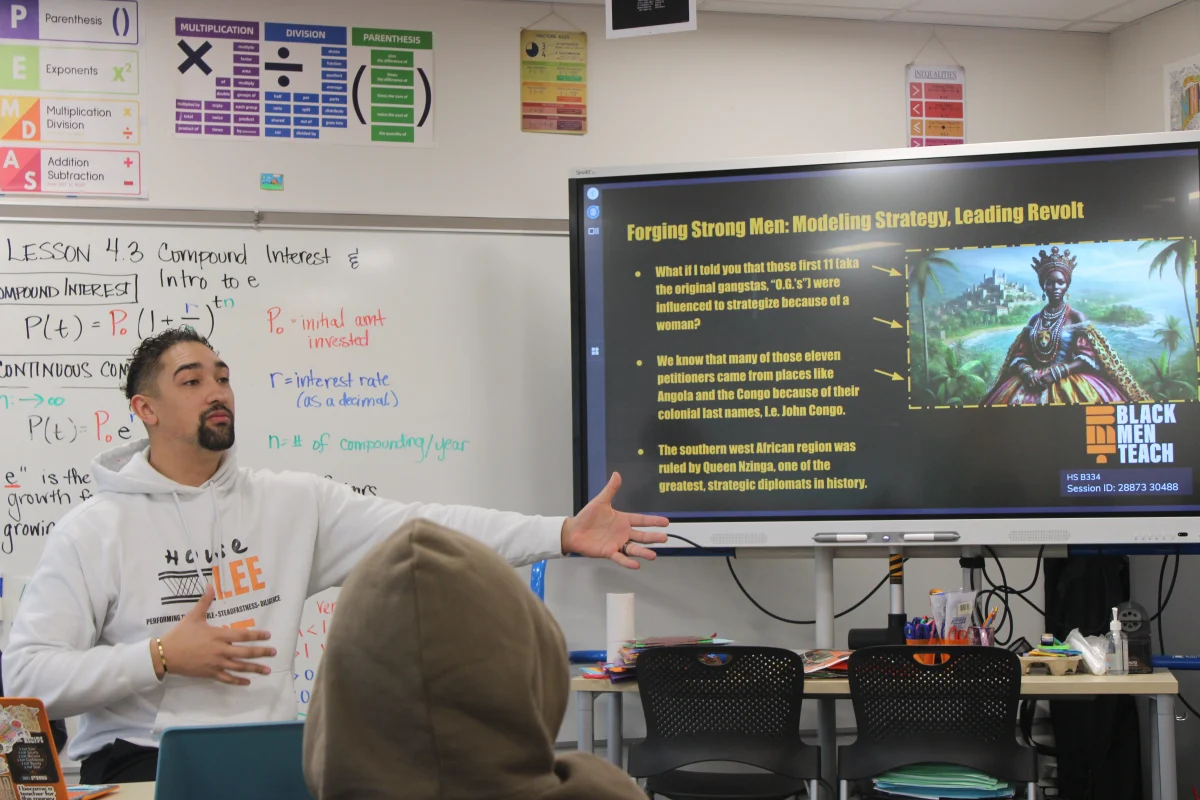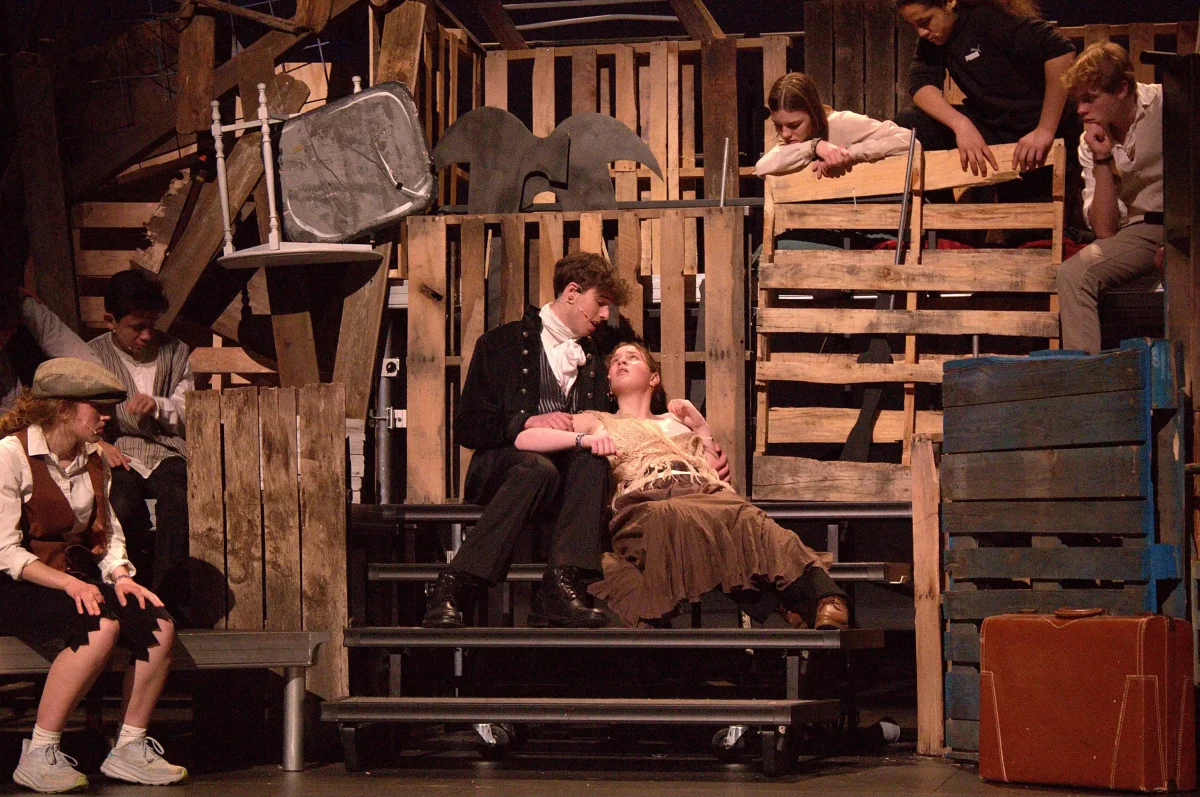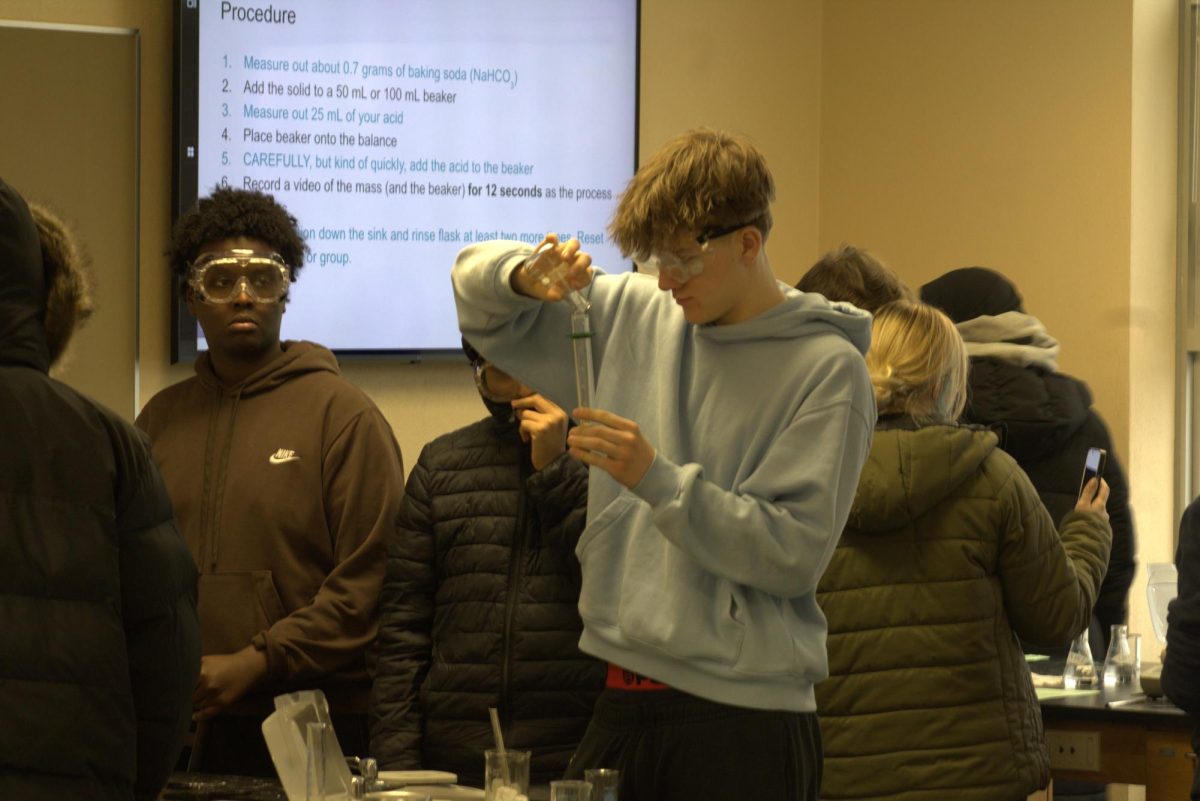Every single year on March 10, Americans lose an hour in the day with daylight savings. Daylight savings is a twice annual event where the clocks shift forward or backward an hour. This was very useful when farming was the primary job, and it helped set society around crops. However, as of today, it is far less useful and has a profound negative impact on students and how they exist in day-to-day life. According to sophomore Miles Barto, daylight savings is terrible and useless.
“It’s not good because we don’t need it at all — it has zero uses and all negative impacts,” Barto said. “I don’t get sleep as much when it happens because the time changes. In the middle of the night, it is suddenly one hour later, so I get one hour less of sleep, which is not good.”
Peter Dangerfield, one of the science teachers at Park, said that daylight savings is not good. According to him, daylight savings time is outdated, has gone on for too long and isn’t useful for a person in this day and age.
“It has long since outlasted its usefulness in the modern world we live in. I don’t understand the usefulness of it anymore — we could remove it entirely for a standardized clock year round,” Dangerfield said. “We don’t have to save daylight anymore, we have the ability to light everything. After talking with colleagues and reading, (it seems that) some people just don’t respond well to the shift in time. What are we saving the time for?”
Even though daylight savings is outdated, it had a time and place. According to senior Lukeman Darboe, that time was in 1917.
“I don’t really like it that much, but I can understand why people use it as a concept to save extra daylight,” Darboe said. “It was introduced in 1917 to save daylight, so people would have more energy and time to do farmwork and stuff.”
According to Dangerfield, this outdated system causes the school days right to be a bit rough after the shift.
“That first week or so of coming back, that Monday specifically, is one of the worst days of the school year,” Dangerfield said. “Just from a standpoint of trying to figure out exactly ‘I gotta get up an hour earlier.’ Ideally, we’d just be smart and go to bed. We don’t.”
According to freshman Finn Holland, daylight savings doesn’t give him more energy or help him. Instead, he said losing the hour helped him fall back further on homework.
“I’m already really behind on english work and orchestra work. Math is weird, I’m staying up to 1:00 am for all of my homework, I’m behind and I get tired,” Holland said. “Then an hour is removed on that day and I fall back even further.”
According to Dangerfield, though the shift out of daylight savings is liked, it is not worth it.
“Everyone likes to fall back, get that extra hour of sleep, but paying for it in the springtime is painful,” Dangerfield said.



